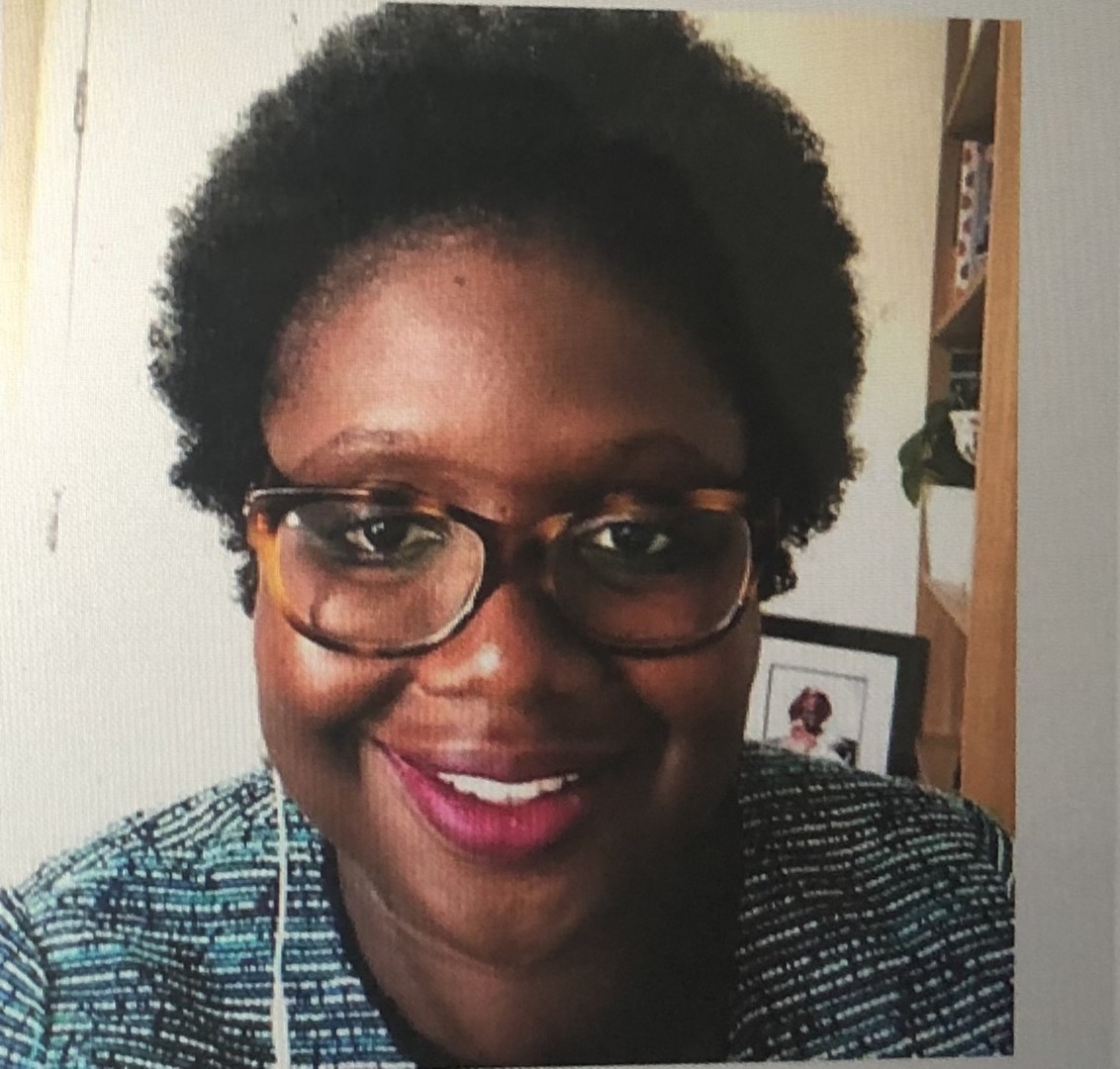Alumni Profile - Ololade Adesanya
(Law and Economics BA, 2006)
For me, intersectionality is about inclusion. It is how different aspects of diversity interplay to disadvantage or to advantage a person (advantage a person because we often forget that white is an ethnicity and male is a gender so we shouldn't be excluding them from conversations around inclusion). According to the theory, often times, people are not disadvantaged just because they fall within a specific diversity bucket but due to a combination of factors.
Read Ololade's original profile from June 2020.

Tell us about yourself… I am a director in EY’s UK Financial Services Practice. I also chair EY’s UKFS Race Steering Committee which advises our Senior Leadership Team on issues of race and I am a member of the Gender Advisory Board which fulfils the same purpose for gender.
I have been at EY for two years and prior to that, I was European Head of Audit for a Global Financial Services Organisation and before that, I worked for another big 4 firm where I started my career as a graduate twelve years ago and qualified as a chartered accountant with the Institute of Chartered Accountants in England and Wales (ICAEW).
I studied Law and Economics at Queen Mary and went on to do a Masters' Degree in Law before I started working as a graduate. I have an Executive Certificate in Fintech from Oxford University and I hold the Business and Finanical Professional (BFP) designation through the ICAEW.
On a personal level, I am married with two young kids and I am the Vice President of the ICAEW for the West of England.
What does intersectionality mean to you and how has it affected your career path to date? For me intersectionality is about inclusion. It is how different aspects of diversity interplay to disadvantage or to advantage a person (advantage a person because we often forget that white is an ethnicity and male is a gender so we shouldn’t be excluding them from conversations around inclusion). According to the theory, often times, people are not disadvantaged because they fall within a diversity bucket but due to a combination of factors. There is general recognition that we are still living in a man’s world and we don’t have sufficient female representation at senior levels – when you unpack this, you’ll see that the rationale for a woman not progressing is not just because she is a woman but mostly because she’s a parent (had to take maternity leave which has meant that her career had to slow down) or she’s a black woman (dealing with the complexities of racial prejudice in addition to being female and sometimes also being a mum). In the journey to achieve inclusion, it is very important that all these complexities are unpacked and I believe it’s the only way to achieve more holistic inclusion.
What does the future hold for organisations when it comes to diversity? Will there continue to be disparities between industries? BLM has shifted the dial on the inclusion agenda and a number of firms have made commitments that they will have to now achieve. Leading firms will take D+I more seriously particularly as it’s now an important part of Environmental and Social Governance (ESG). Those that do not, risk being left behind and losing the best talent.
Industries are at differing maturity levels. Even within the Financial Services industry the banking sector is ahead, and the insurance sector is the least diverse in my opinion. As all three sectors continue to make progress, it will take a while for cross sector experiences to even out and even then, I don't think it will ever be even but I believe that this is up to leaders in organisations (and not just a sectoral thing). A number of big savvy businesses tend to talk a great game and have plenty of set pieces like networks and training programmes and public commitments. But if the people getting promoted every year are still more likely to be 'of a type', then nothing is really changing. A leader can step in and refuse to accept an all-white recruitment slate or a promotion list with only 20% women. Only a leader can do that, not a training course.
What does Black History Month mean to you? For me personally, Black History Month is about celebrating diversity and inclusion and black excellence. It is the time to amplify the voices and profiles of ethnic minorities who are doing fantastic things quietly and I am grateful that Queen Mary University is doing this by profiling the achievements of its black alumni community.
Is there any advice you would give to current students or recent graduates considering their career options? Students get lots of fantastic advice all the time and I have been fortunate as well to receive guidance from others. My one cent would be to believe that the world is your oyster – don’t hold back on your dreams, believe that you can achieve anything you set your mind to. I find that self-confidence plays an important role in what we end up becoming and as the saying goes, “confidence is the backbone of champions”.
If you would like to get in touch with Ololade or engage them in your work, please contact the Alumni Engagement team at alumni@qmul.ac.uk.